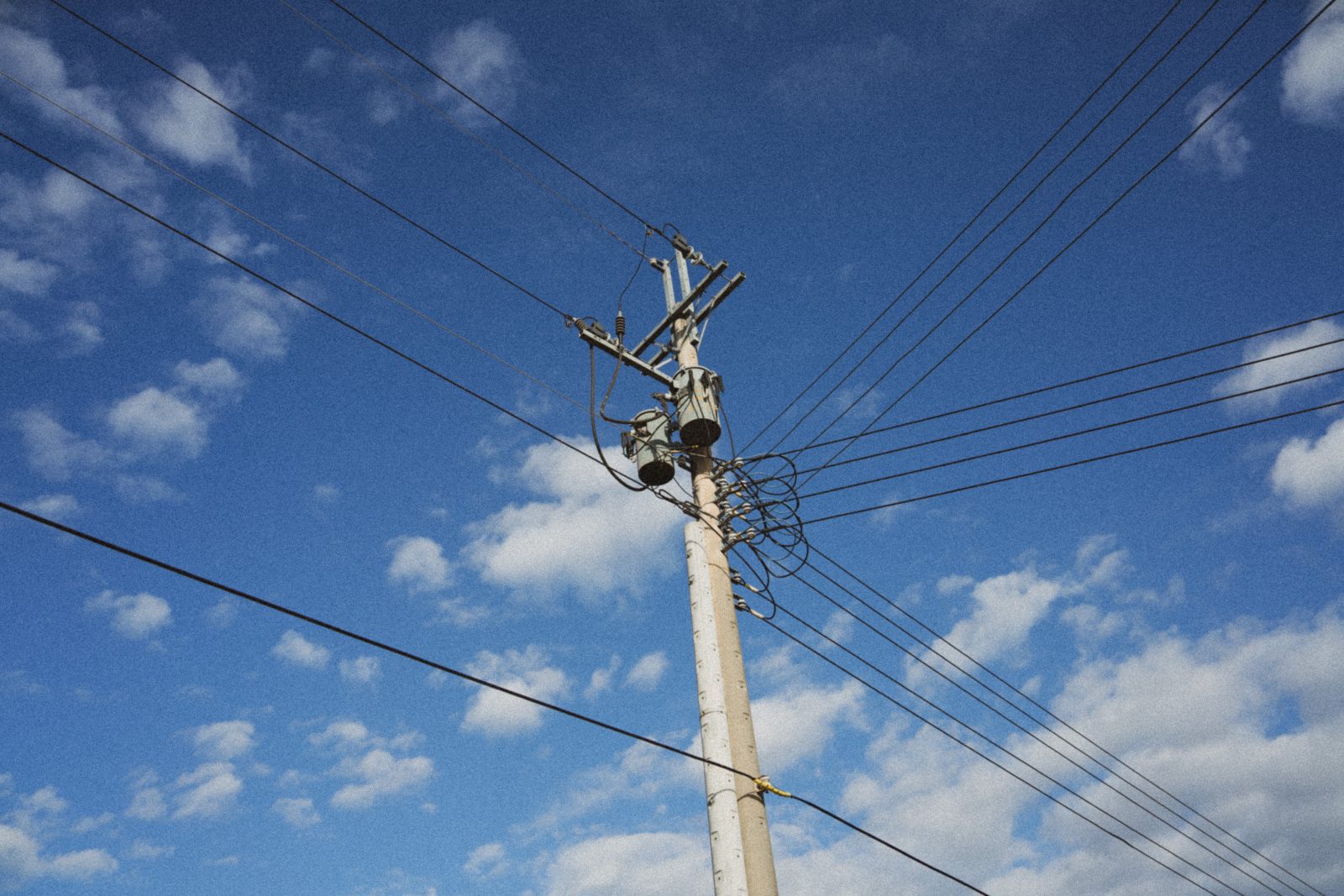The Czech Republic confirmed its position as a significant exporter of electricity in the previous year despite a decrease in the export share. In 2023, the country exported nine terawatt-hours (TWh) of electricity, marking a year-on-year decrease of five TWh. Nevertheless, it remained the fourth-largest electricity exporter within the European Union (EU). This information comes from an analysis by the consulting firm EGÚ Brno.
The study predicts that the export share will continue to shrink due to the declining role of coal. This trend might eventually turn the Czech Republic from an exporter to an importer of electricity. The leading exporter in the EU last year was France, while Germany, after more than 20 years, became an importer of electricity. The drop in the Czech Republic’s electricity exports was primarily due to reduced electricity production from coal and gas-fired power plants caused by falling prices.
France was the largest exporter in the EU with 49 TWh, where nuclear power plants play a significant role in electricity production. In some countries, production from atomic energy, combined with suitable conditions for harnessing hydroelectric power, is a crucial prerequisite for electricity exports. This applies to Sweden, which exported 29 TWh in 2023. Spain was the third-largest exporter with 14 TWh, with most of its electricity heading to Portugal.
For the first time since 2007, Slovakia resumed its position as an electricity exporter. In 2023, it exported 3.5 TWh, primarily due to the commissioning of a nuclear power plant in Mochovce. Conversely, Germany became an importer of electricity after more than 20 years, importing nine TWh. This shift resulted from the closure of nuclear power plants and lower electricity supplies from coal power plants.
Long-term importers also include Austria, which last year reduced its exports from ten TWh to approximately two TWh due to higher production from hydroelectric power plants and lower consumption. Poland (imported four TWh) and Hungary, which regularly imports about a quarter of its annual consumption, were also in deficit last year. The consulting firm EGÚ Brno does not expect any significant changes in these countries’ balance sheet character in the medium term.





